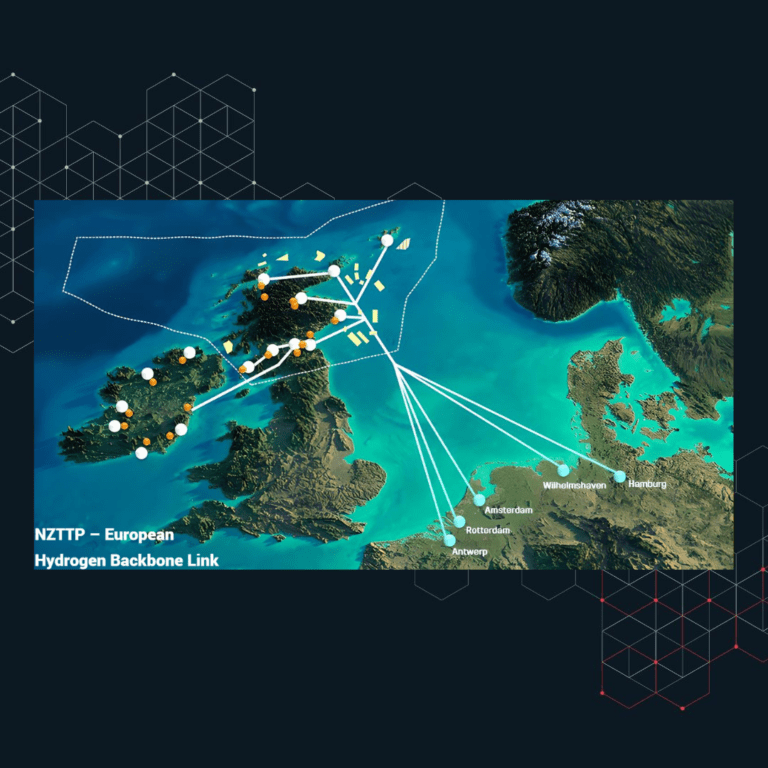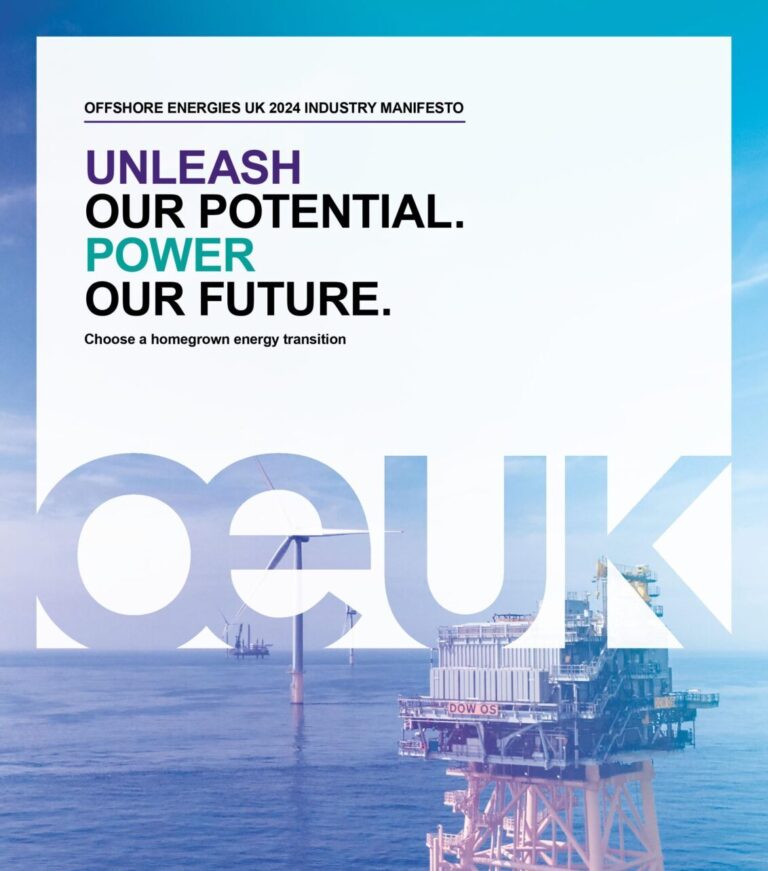The 3 cost reduction strategies implemented by Oil & Gas operators that can lead to increased corrosion cost
Operators are facing a difficult time due to the low oil price and everyone wants to discuss cost reduction strategies. This turndown is lasting longer than anyone expected forcing operators to carry out several rounds of cost cutting exercises. CAPEX investments have been slashed as this FT report shows; and there is a tremendous pressure to reduce OPEX in order to survive the oil price turndown. Many of thecost reduction strategies adopted by operators increase the risk of loss of integrity due to corrosion. In this article we review only 3 of these cost reduction strategies:
- Reducing inspection and monitoring
- Delaying repairs and necessary maintenance
- Reducing headcount including skilled personnel
This article reviews how to manage the risk of corrosion while implementing these cost reduction strategies.
Reducing inspection and monitoring
Inspection programmes nowadays are prepare in accordance with Risk Based Inspection (RBI) standards, either international standards or in-house specifications. With a greater pressure to optimise the inspection costs operators are revisiting their inspection programmes. RBI is heavily based on the risk matrix, this risk matrix shows the relationship between consequence of an event (leak in a pipeline, a pump breaking down etc) and the likelihood of that event happening. The lower the likelihood and consequence the less inspection is required, and when an event is likely to happen and its consequences are serious (if not catastrophic) then the inspection must increase, this is shown below:
There are several tools to optimise the cost of inspection and monitoring, these include:
- DNVGL-RP-C210: Probabilistic methods for planning of inspection for fatigue cracs in offshore structures
- API RP 580 and API RP 581 Risk Based Inspection and Risk Based Inspection Technology respectively.
The most common mistake operators make when optimising RBI programmes is to ignore the fact that decreasing inspection frequency inherently increases the probability of failure, e.g. reducing the frequency of fabric inspection increases the possibility of ignoring coating decay in the offshore structures. Striking a balance requires a fluent collaboration between operations looking to reduce OPEX, integrity engineers optimising RBI programmes and Technical Authorities providing expert advise to strike a balance and optimise cost.
Delay in repairs and reappraisal of necessary maintenance
The media is plagued with information on operators delaying maintenance of both onshore and offshore assets, maintenance contracts being renegotiated or cancelled. But everyone in the Oil and Gas industry knows that the benefits of this approach quickly evaporate when downtime increases. This is very well expressed by PwC highlighting the risks of delaying essential maintenance and squeezing oilfield service providers
Massive cost cutting may offer some short-term breathing space, but it is myopic, panicky response that could leave businesses unequipped for the next turn of the business cycle
No matter how difficult things get, avoid arbitrary cost cutting, which can leave your organisation ill-prepared for an uncertain future PwC recommended in a BBC interview.
While everyone fully understands the importance of repairs and maintenance of safety critical equipment as well as pressure containing equipment, other conditions such as fabric maintenance, non-essential equipment etc could be seen as a quick win for cost cutting without compromising safety. Operators need to be prepared to look beyond the yearly budget and cost reduction targets and make sure each decision is weighted against the long term objectives. Expert advice and collaboration is the key to select the repairs and maintenance that can be deferred without operational risks, to achieve this you need the best available team, and this leads us to our next reducing cost strategy.
Reduce headcount
Headcount has always been one of the first strategies used when any company (in any industry) needs to reduce cost, this coupled with a well-documented lack of skills in the Oil and Gas industry puts every operator at risk of taking the wrong decisions. RBI optimisation, delaying maintenance or repairs, reducing corrosion inhibitor rates, changing operating conditions, all these decisions could increase your corrosion risk and lead to downtime, uncontrolled releases and some other more catastrophic failures; reducing expertise during headcount is sometimes inevitable and leaves Oil and Gas operators at risk.





